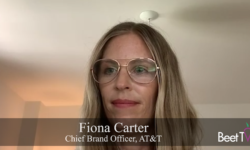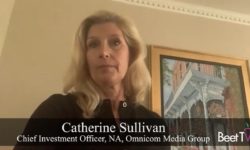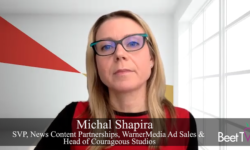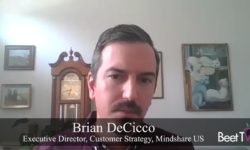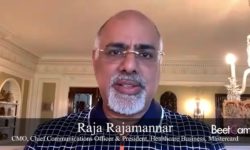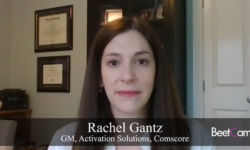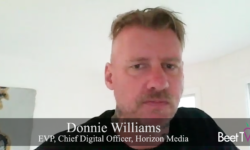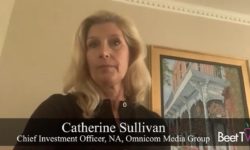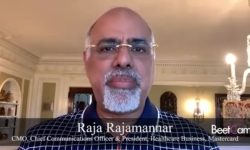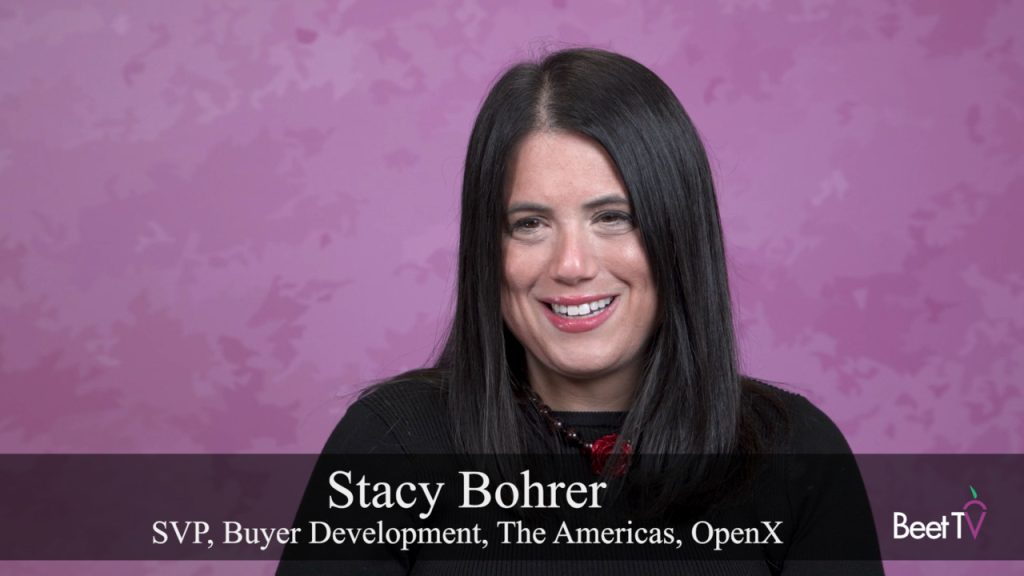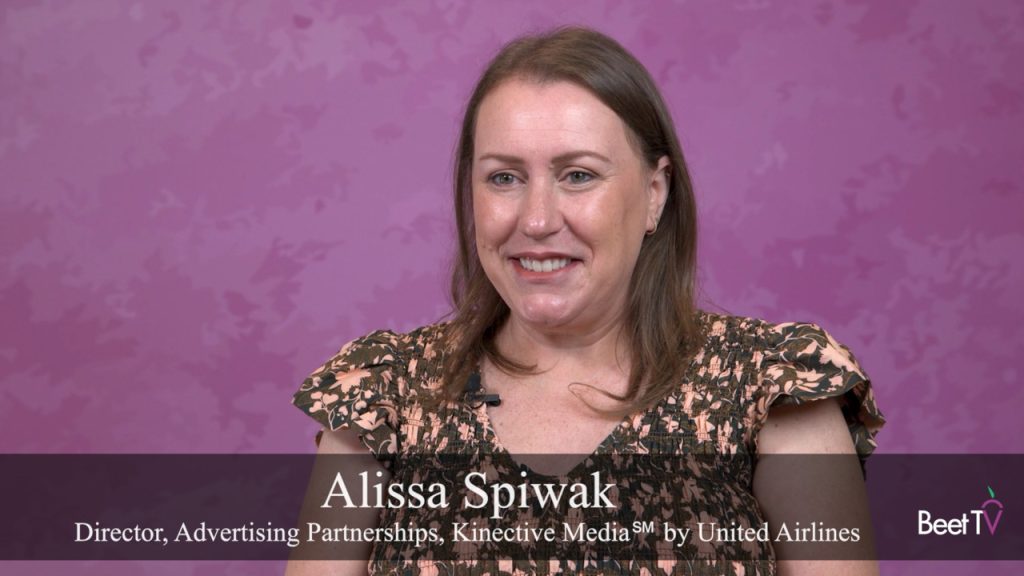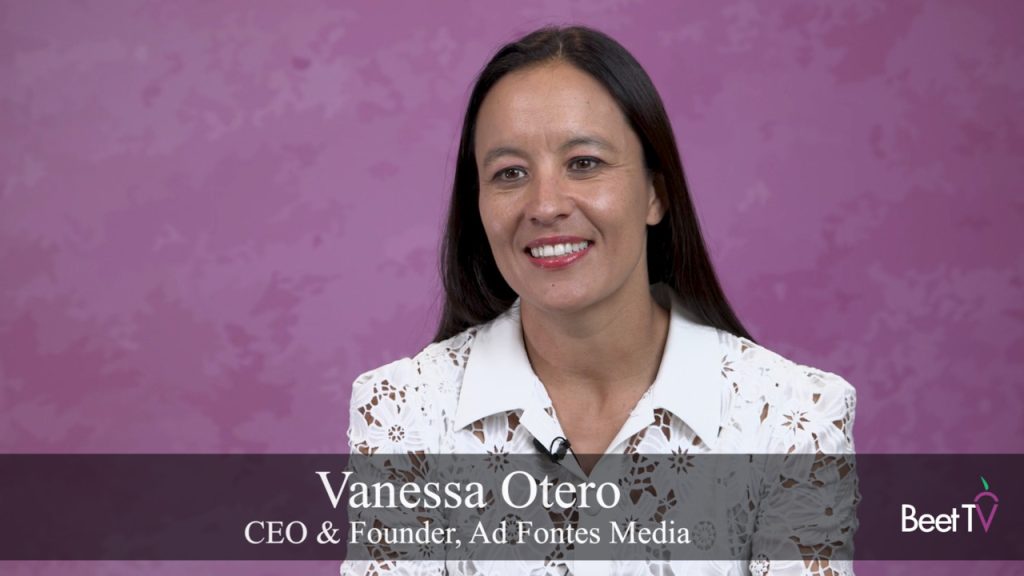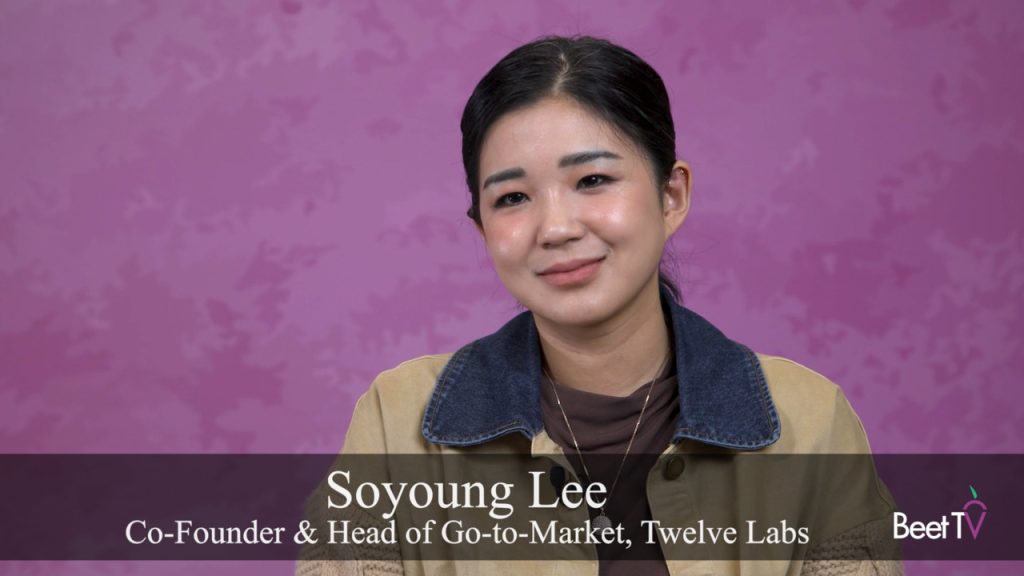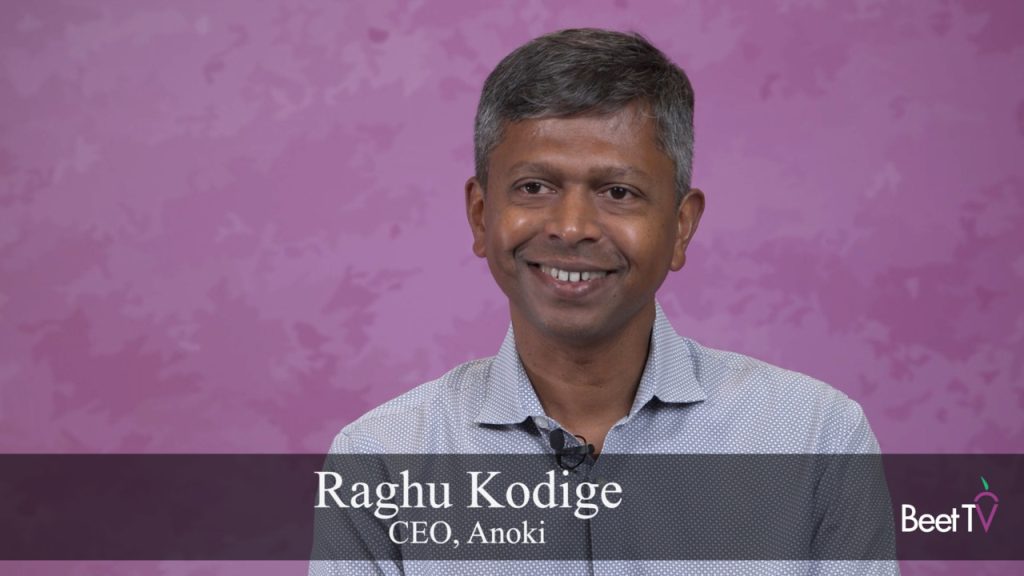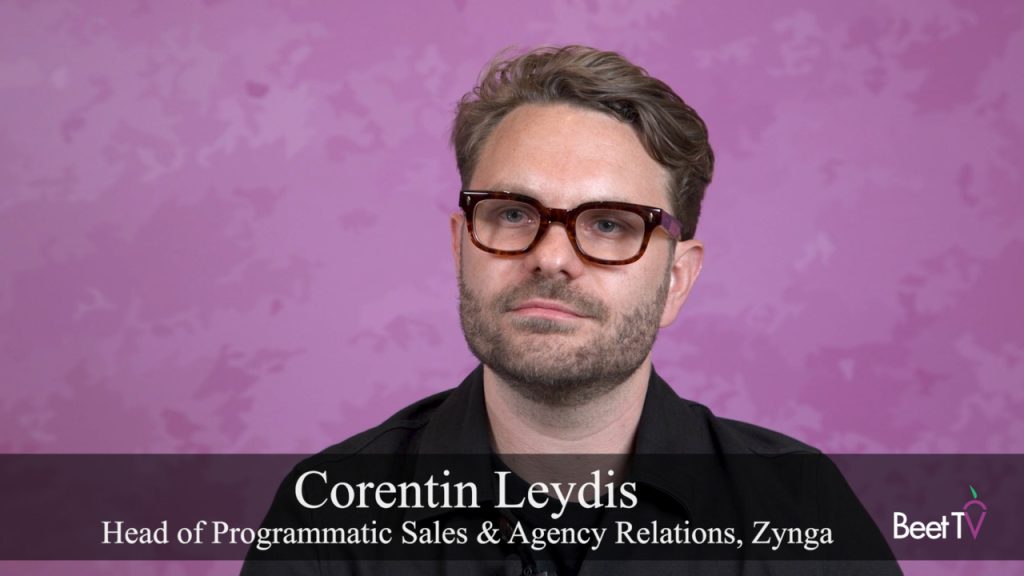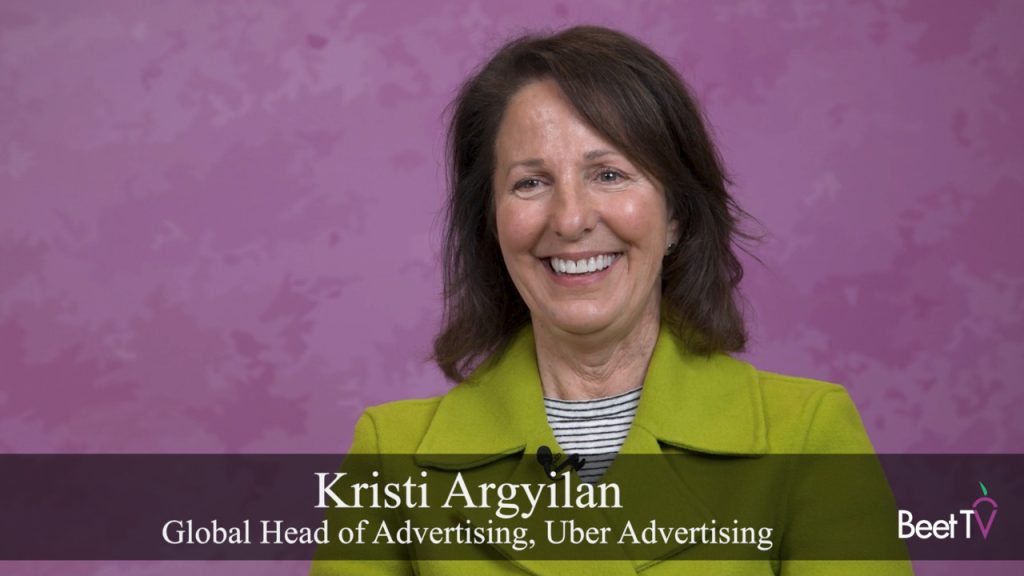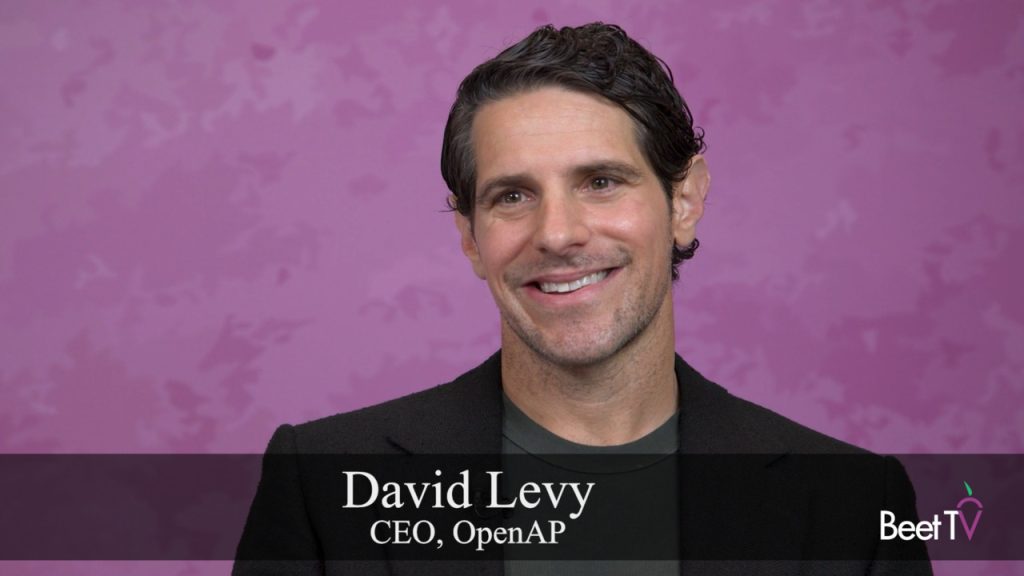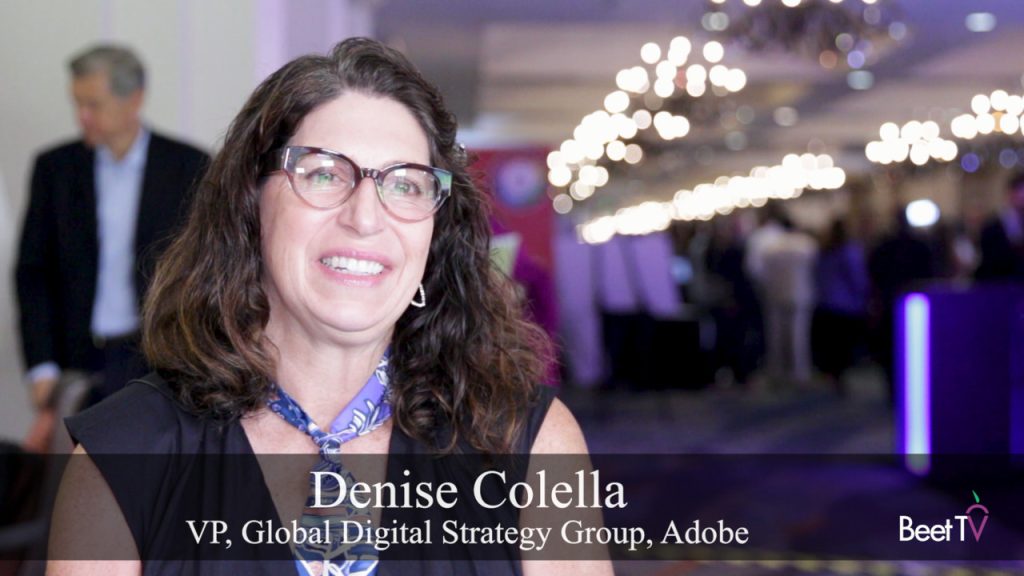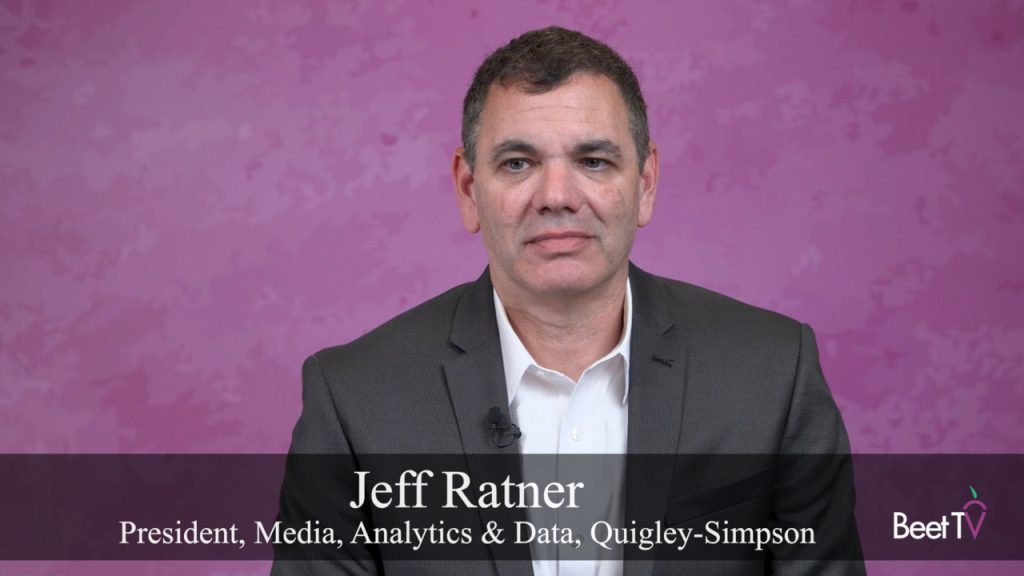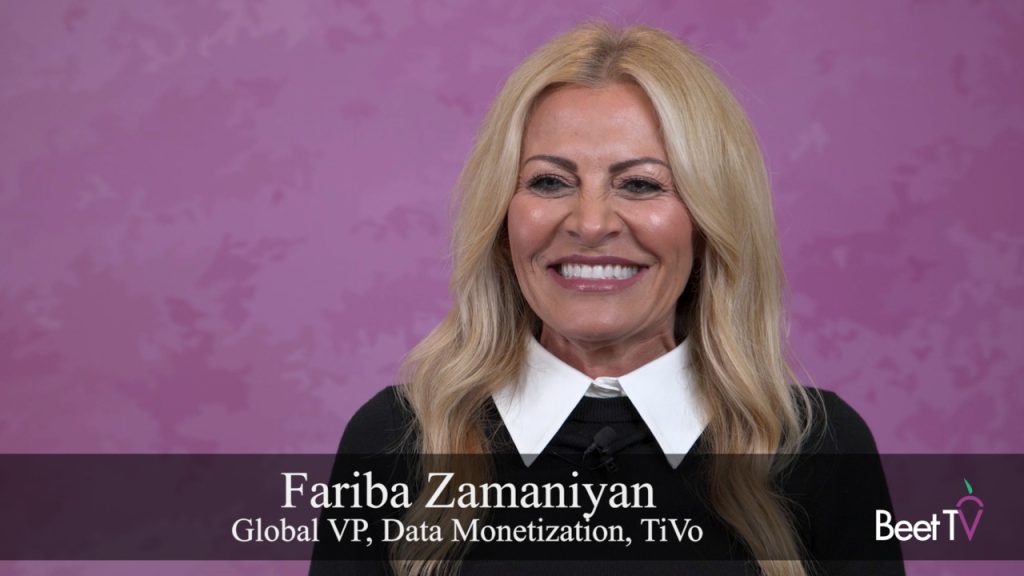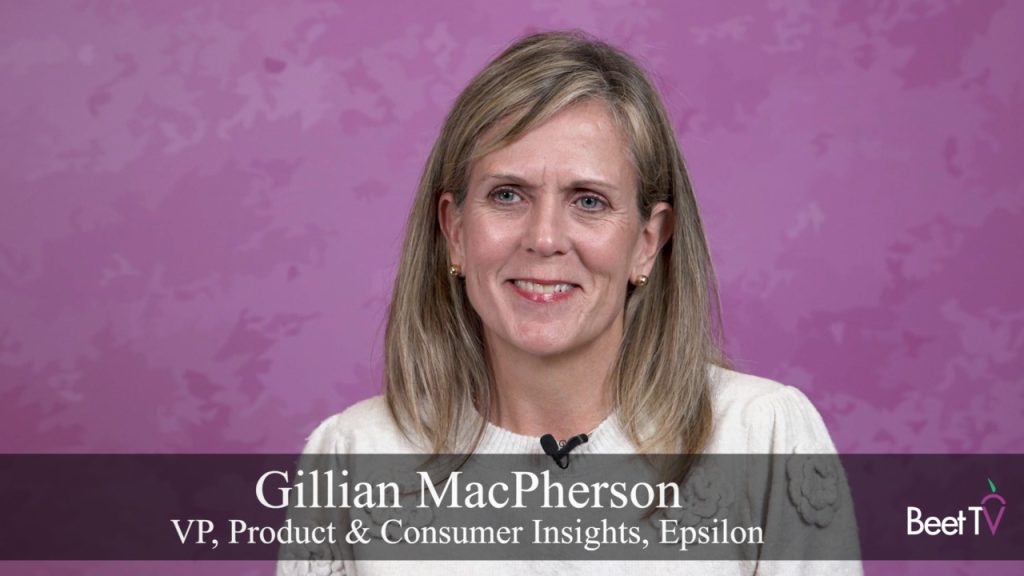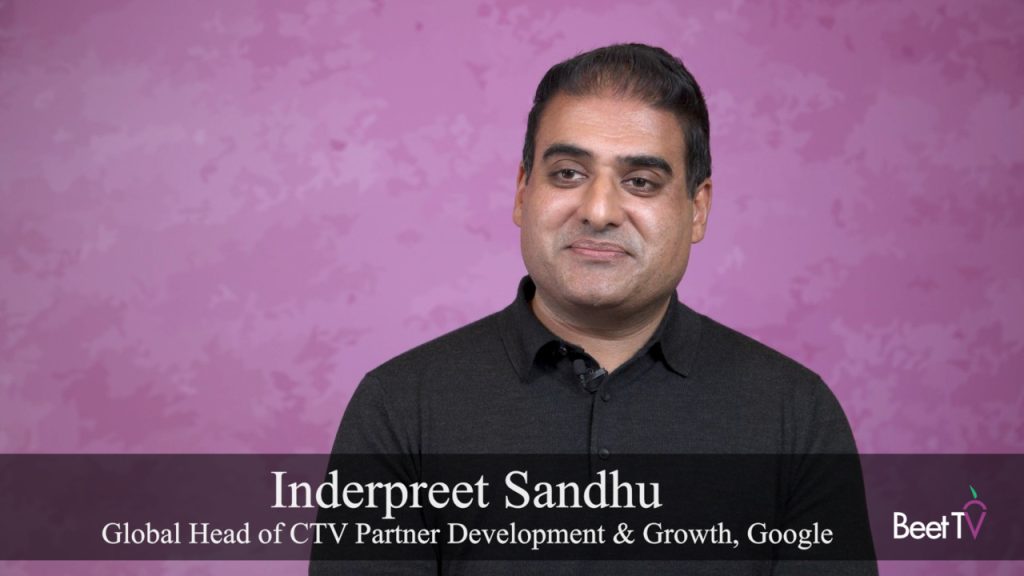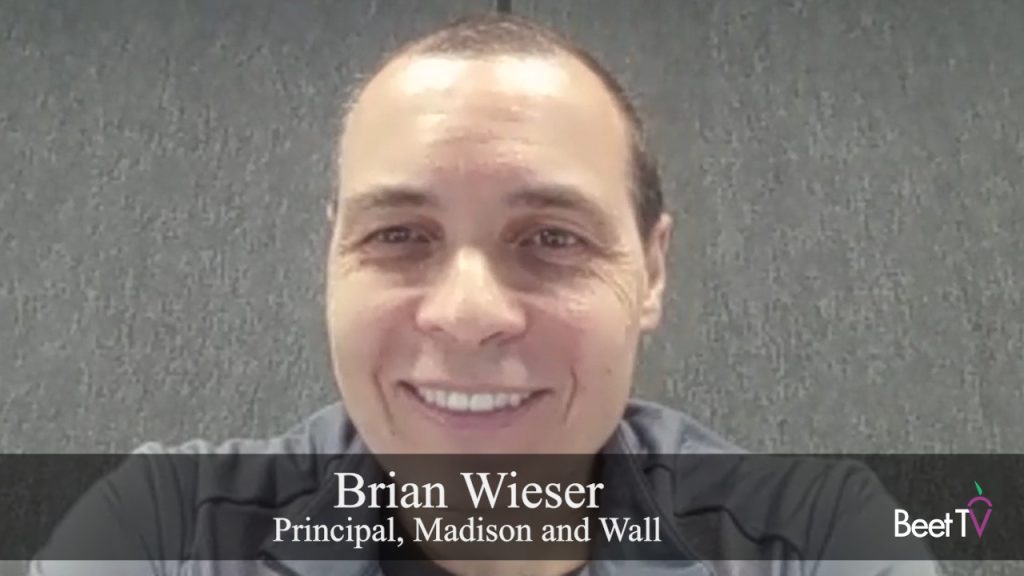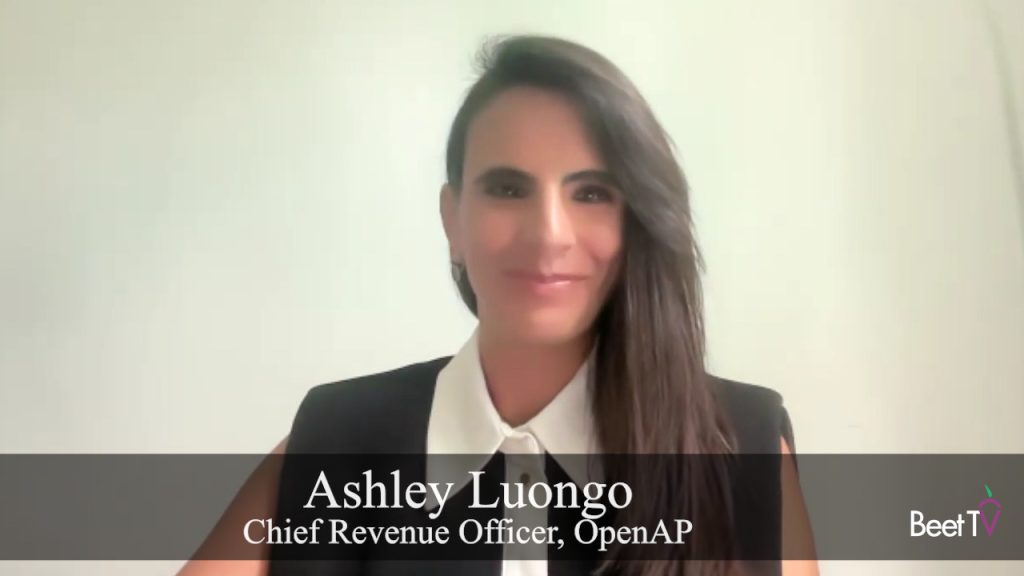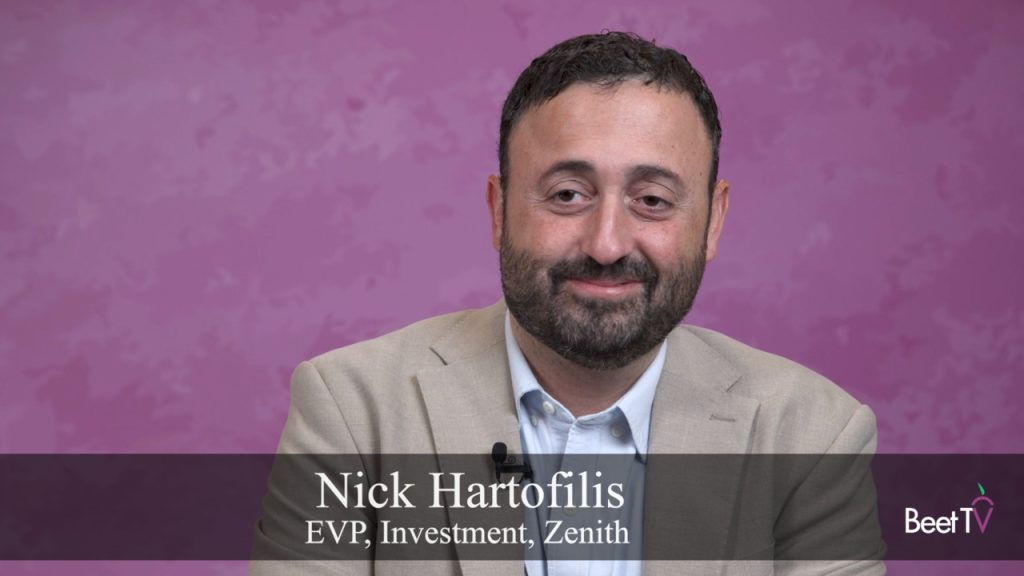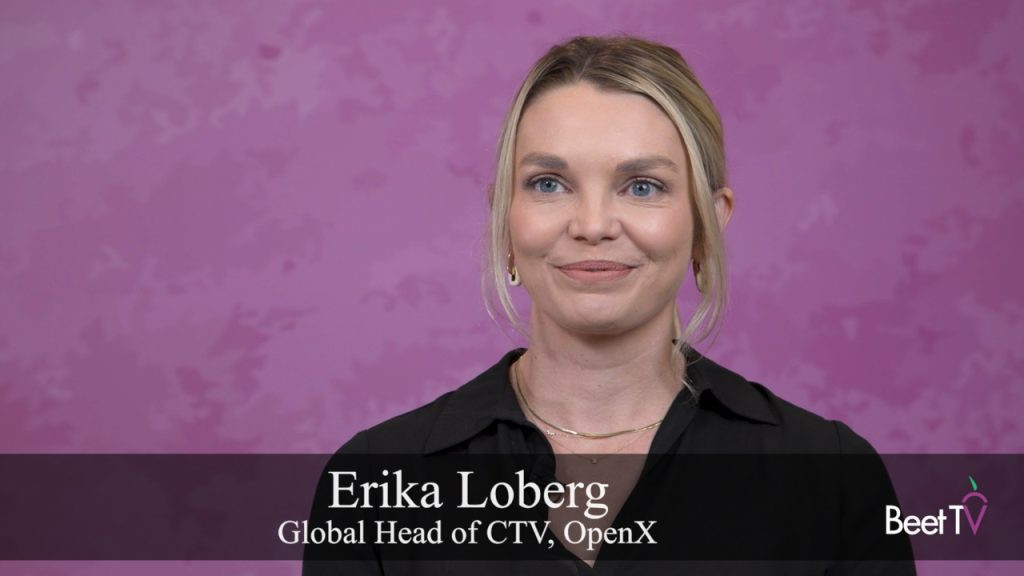As the sun sets on cookies and as privacy regulation has dabbed the brakes on some of the more advanced facets of audience targeting, many advertisers are looking for alternatives.
Amongst the leading contenders – contextual advertising, the practise of targeting not the audience for content but the content itself.
As contextual ad targeting gains prominence in 2020, many people are coming to liken it to the traditional craft of pre-digital ad adjacencies, and as the flip-side to data-driven digital ad targeting.
But Lisa Giacosa doesn’t see it that way. In this video interview with Beet.TV, the president and global head of data, technology, analytics and insights at Publicis Groupe’s Spark Foundry agency says it’s not an “either-or”.
Powerful combination
“I think it (should be) both,” Giacosa says.
“Contextual, to me, is making sure that you have the right type of environment, the right type of content and the right type of message jiving together and working as hard as possible for your brand, so that your consumer deems it as ‘relevant to me, right for me, and a brand that I want to build a connection with and have in my life’.
“But all of the data-driven targeting is what helps us to understand that context.
“When you bring the two things together, it’s even more powerful in terms of understanding who, when, where, and how we’re going to target our audiences.”
Beyond cookies
For ad-tech companies facing the death of cookies and the ramifications of GDPR and CCPA in 2020 and beyond, “context” is the new black.
Giacosa isn’t crying over the end of the humble traditional user tracking file. She says the end of cookies is “exciting”.
“It served a purpose for a while in that cookies were a great way of us measuring digital media in a silo,” she says. “(But) I want to look at that whole holistic mix.
“We survived a long time with TV with no cookies, and we will survive without cookies again.”
Emotional connection
Attempts at reconstituting consumer targeting and profile consolidation continue apace.
Last year, Spark Foundry’s parent Publicis Groupe acquired data marketing business Epsilon for $4.5 billion, enabling mass ad personalization and what Giacosa calls a “true picture” of users.
All of which, plus the addition of contextual cues, makes advertising not just about data but about psychology.
With all those pieces combined, Giacosa is using words like “mindset”, “feeling”, “tonality”, “experience” and “emotional connection” to describe advertisers’ imperatives.
This video is part of a Beet.TV series titled “Audience, in Context,” presented by Xandr. For more videos please visit this page.






